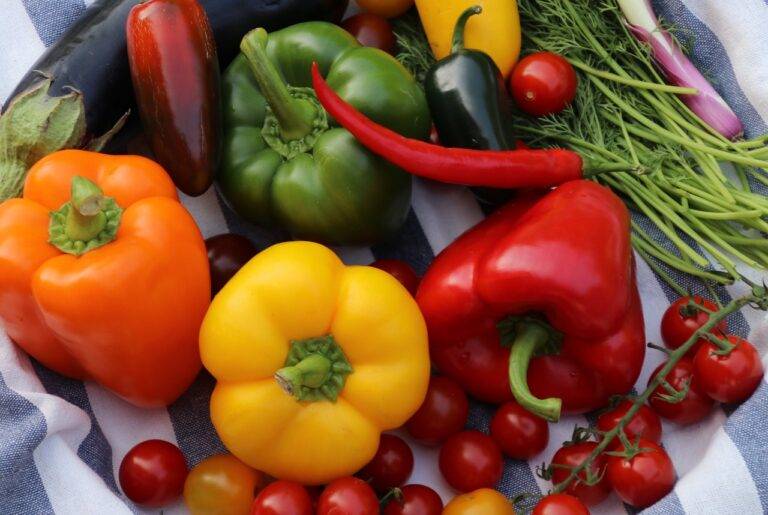The Future of Smart Kitchens and Appliances
The rise of smart kitchen technologies has transformed the way we approach cooking and food preparation in our homes. With the integration of innovative features and connectivity options, kitchen appliances are becoming more intuitive and efficient than ever before. From refrigerators that can create shopping lists to ovens that can be controlled remotely, these advancements are revolutionizing the cooking experience for individuals and families alike.
In addition to convenience, smart kitchen technologies also prioritize sustainability and energy efficiency. By incorporating sensors and automation capabilities, these appliances can optimize energy usage and reduce waste, helping users lower their environmental impact. As the demand for smart kitchen solutions continues to grow, we can expect even more impressive innovations that cater to the evolving needs of modern households.
Integration of Artificial Intelligence in Kitchen Appliances
Artificial intelligence (AI) has revolutionized the functionality of kitchen appliances, making them smarter and more intuitive. With the integration of AI technology, kitchen appliances can now adapt to users’ preferences and habits, providing a more personalized experience. From refrigerators that suggest recipes based on the ingredients stored inside to ovens that can be controlled remotely via smartphone apps, the possibilities are endless.
The use of AI in kitchen appliances also enhances efficiency and saves time for users. For example, smart dishwashers equipped with AI can optimize water usage and energy consumption based on the load size and degree of soiling, resulting in lower utility bills. Additionally, AI-powered cooking devices can adjust cooking times and temperatures automatically, ensuring that dishes are cooked to perfection every time.
What are some examples of smart kitchen technologies?
Some examples of smart kitchen technologies include smart refrigerators, smart ovens, smart coffee makers, and smart dishwashers.
How does artificial intelligence contribute to kitchen appliances?
Artificial intelligence in kitchen appliances can help automate tasks, provide personalized recommendations, and optimize energy usage.
What are the benefits of integrating artificial intelligence in kitchen appliances?
The benefits of integrating artificial intelligence in kitchen appliances include increased efficiency, improved convenience, and enhanced user experience.
Are there any potential drawbacks to using artificial intelligence in kitchen appliances?
Some potential drawbacks of using artificial intelligence in kitchen appliances may include concerns about privacy and security, as well as the need for ongoing updates and maintenance.
How can consumers ensure the security of their data when using smart kitchen appliances?
Consumers can ensure the security of their data when using smart kitchen appliances by using strong passwords, keeping software up to date, and being cautious about sharing personal information.





